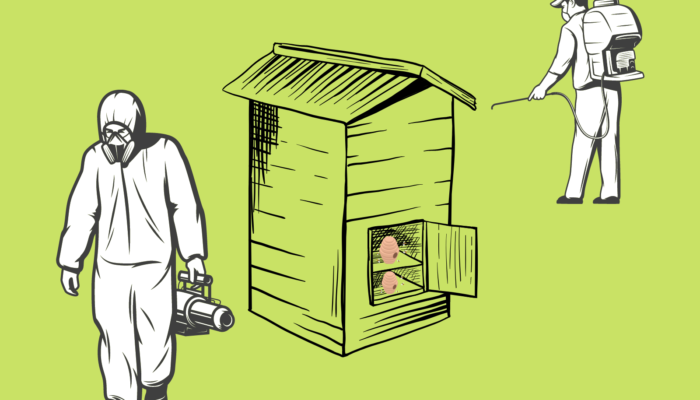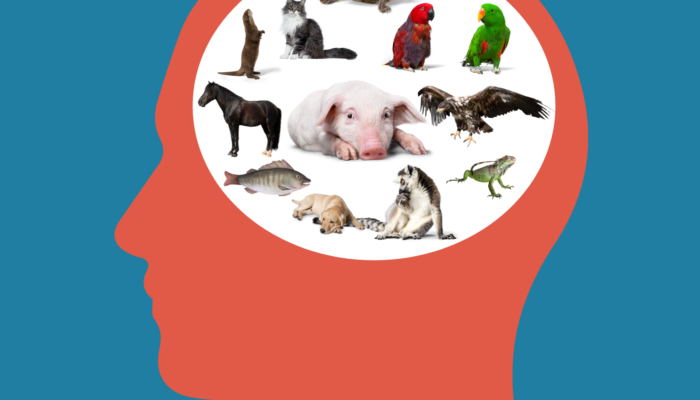Question: How can sustainability succeed without laws protecting animals?
The science is out on animals. Man's outdated perceptions of our underwater and in-the-forest cousins are coming to light as science meets PETA.
Animals are sentient beings. It's not a romance novel, it's the world we live in. Animals experience a wide range of emotions.
The animal manifesto: Every squirrel, every rabbit, every bear, every fish serves a clear, identifiable role in Earth's ecosystem except for two creatures: invasive species like pythons in the Everglades.... and mankind.
Humans as protectors: Man certainly plays a role in this crazy floating ball universe, but we've drifted so far from our hunter-gatherer origins that our ecological purpose is becoming harder and harder to define. As such, it is the moral responsibility of man to act as benevolent stewards for the vulnerable, voiceless animal kingdom.
Animal lives matter: The next sustainability chapter of post-industrial society begins with a recognition of animals as they are, fellow Earthlings deserving of basic rights.
Bottom line Today, most advanced nations do not recognize animals as sentient beings. And we expect sustainable lifestyles to be widely adopted in our homes? You have to learn how to drive a car before lifting up the hood to fix it.




